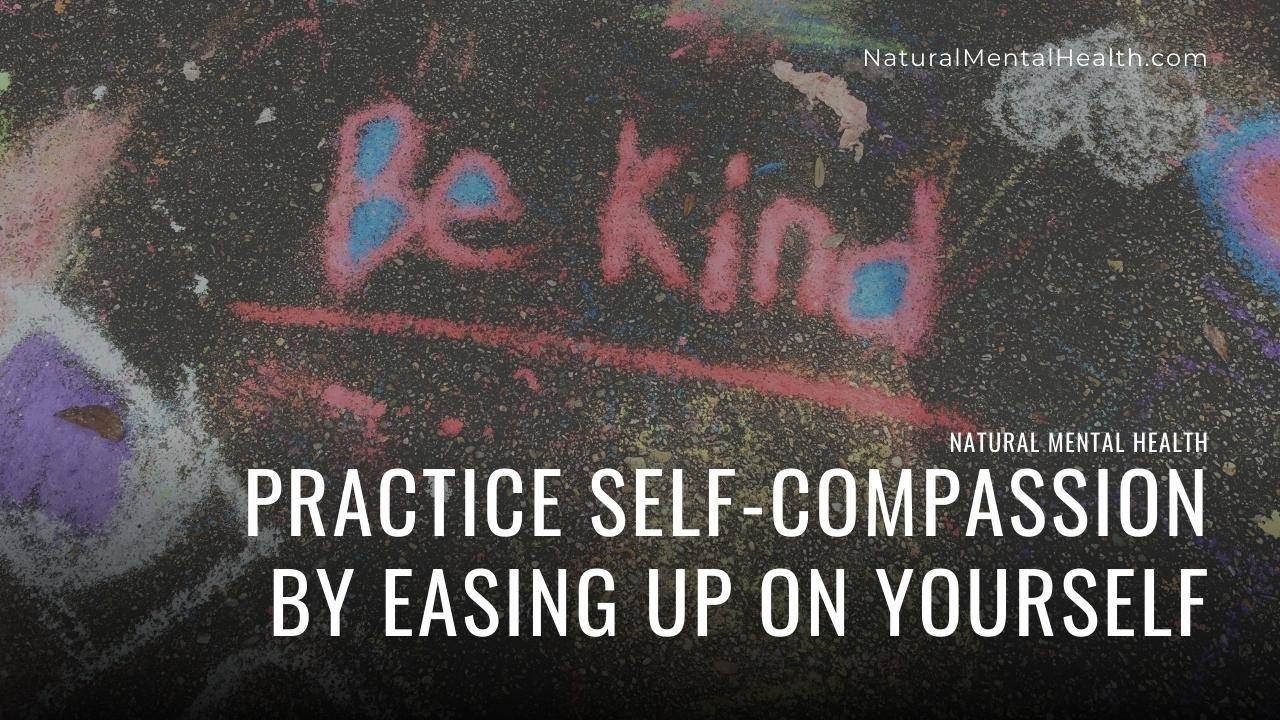
Practice Self-Compassion By Easing Up On Yourself
Oct 13, 2022We access a lot of healing power when we practice self-compassion. Self-kindness is an important practice and component of self-compassion that can be learned and improved on. In other words, self-kindness is always within our potential, we just might be out of practice.
Negative self-talk, harsh self-judgment, and self-criticism, are all positively correlated with depression and anxiety. That means the more negative self-talk, self-judgment, or self-criticism we have, the higher the risk we'll have for depression and anxiety. Unconscious, negative thinking can create a lot of unnecessary emotional suffering. The metaphor of the first and second arrows is the perfect illustration for this.
The First and Second Arrows
The metaphor of the first and second arrows is a Buddhist concept that informs a lot of mindfulness therapy and practice and can be an incredibly helpful tool.
The First Arrow
Imagine, if you are a soldier out on the battlefield back in the days of bows and arrows, you are at risk of being hit by an arrow. In other words, if you are out there living your life, you are sometimes going to be hurt or wounded. That is known as the first arrow. You can try to avoid these arrows, but you can't completely avoid it.
The Second Arrow
Then, imagine that after being struck by that first arrow, instead of doing something to heal or take care of yourself, you take another arrow out of your own quiver and you wound yourself with it. That is what's known as the second arrow. And that is essentially what we're doing when we judge ourselves for making a mistake, for doing something wrong, for being hurt or wounded. We're adding to the injury. We're adding suffering to that core of pain that we had already and couldn't entirely avoid because of our thinking about it and our judging of ourselves.
Self-Kindness is an Ongoing Practice
The power of our self-kindness practice is to notice more quickly when this negative thinking and self-judgment start chattering. We can then more quickly ignore it. It will rear its head again and again, but the power comes in dismissing it. Practice doesn't make perfect, but it does make things far more joyful.
"After years of running the resilience training program and decades of working with patients, I am convinced that there are two factors that are most likely to really break a long term cycle of depression. And actually there's probably three, really, if you count sleep. Which I talk about all the time, it's just really important, but we're going to save that for another day. So those other two factors are self-kindness and breaking down the sense of isolation. And they really go hand in hand, I think. Because when you begin to treat yourself with greater kindness and compassion, it opens you up to creating more meaningful relationships. So start with yourself. Being friendly to yourself, allows you really to be friendly toward others."
-Dr. Henry Emmons, episode 27 of the Joy Lab Podcast
Listen as Drs. Henry Emmons, MD and Aimee Prasek, PhD explore self-kindness on the Joy Lab Podcast.
Links mentioned, sources, and a full transcript can be found here.







